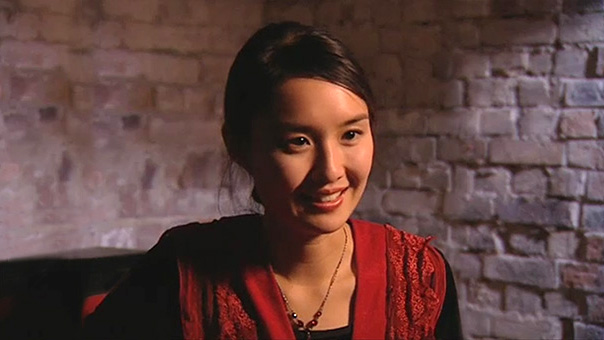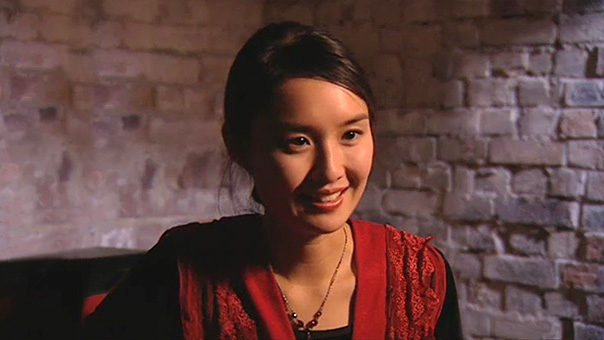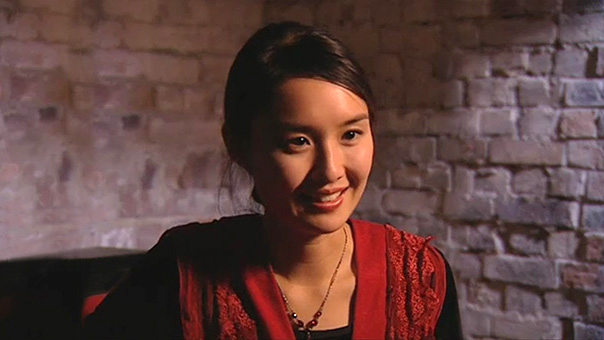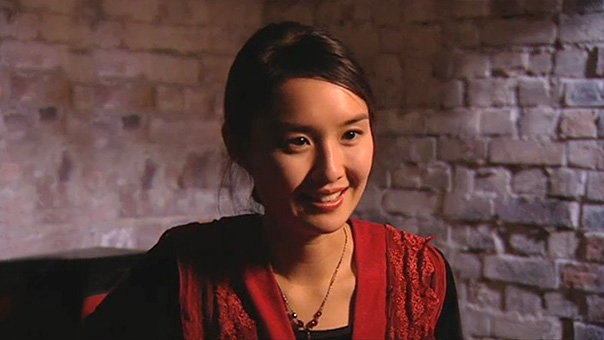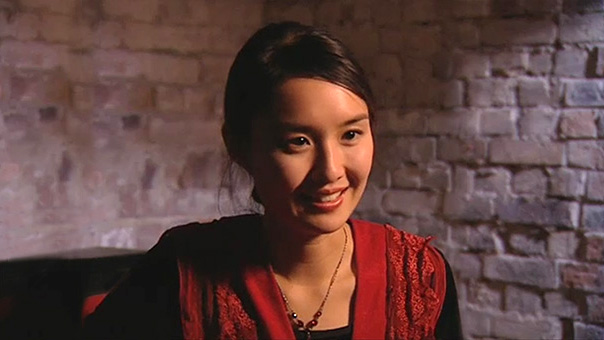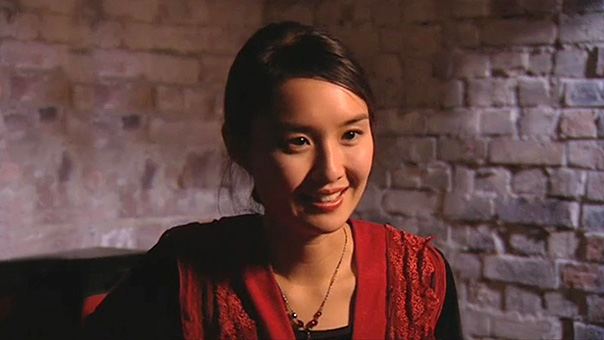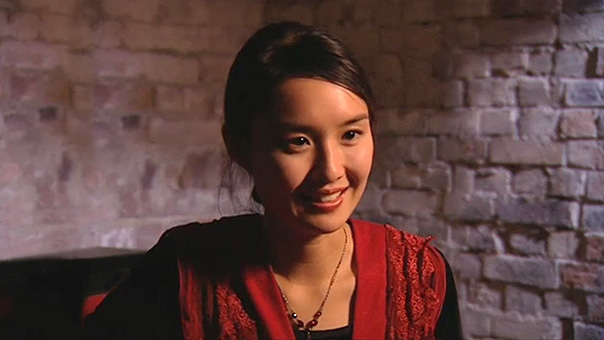Interviewer, Christine McGuigan: How has writing your book made you reflect on your own experiences and shaped your identity and your sense of belonging?
Alice Pung: When I was writing Unpolished Gem, one of the things that really struck me was when I wrote the chapters about my mother. I had no idea how life was difficult
for her. Not back in the old country, not back in Cambodia when she worked at thirteen and babysat and did a host of other
things. She had a community then. In Australia she didn't have a community. She was alone in this shed and all of us were
speaking English. She couldn't understand us, she couldn't read anything we could. You know she'd worked 20 years to get to
this big house in Avondale Heights, which is one of those Delfin suburbs where you have the AV Jennings homes, the massive,
massive mansions, and she thought, 'Well this is a life I've dreamt of', but I could just imagine her being in this empty
house when we at school, sitting in front of the television and thinking 'Now I live a life of luxury' and switching it on
and she couldn't understand a single thing. And it made me realise that perhaps words weren't so important because she drives
a car now. She's been driving for about 15 years and she can't read street signs. So she must have an incredible memory. She
can drive, you know, one-and-a-half hours away and know her way back home. She's had all these strategies to be able to live
a very decent and a very honest and very generous life, even without words. So it probably, ironically, made me realise that
words weren't as important as perhaps actions and the way a person is.
Christine: How did your family react to the book, particularly the way they were represented?
Alice: That, that's an excellent question. My father read the book after it was released and when he's at festivals - sometimes
he comes along to events - and when I get asked that question I say, 'Well, my dad's just over there. You can ask him.’
And he'll stand up and he'll say, ‘We are all very proud of Alice, you know, but if she'd shown us the book beforehand, then
there probably would have been a lot I would not have allowed her to publish.' And he means that as a joke. He's very, very
proud.
My mother …. I was so worried because there's quite a few chapters about my mother and myself. We'd, we had, you know, as
every mother and daughter going through adolescence, we had arguments and things. And she said, 'Oh look, you know, that doesn't
matter because when I was 15 or 16, I didn't speak to my mother for weeks on end when I was angry at her'. So she understood
that. But the surprising thing was, you know, some days she'll say ,'Oh, you wrote something about me in that book. You wrote
that I wore your Aunty's second-hand wedding dress.' And that was just one sentence.
Christine: In what ways do you think the experiences of your Chinese-Cambodian family in Australia connects with the experiences of
other migrants in Australia?
Alice: I do have a lot of older women come up to me. This has been so surprising ever since my book was released. And they'd come
to, you know, hear library talks. They'd been here 50 years, Italian ladies and Greek ladies, and they would come up and say
'No-one has ever written about our experience before, what it was like for us and how alone and silent we were.' I, you know
they were so, so grateful and I was so humbled that these women who had so much more life experience, experienced very similar
things to my mother. I think it's a very ... when you are a new migrant you go through cycles. So your parents will work very,
very hard and sacrifice their chance at assimilating and their chance of learning English, their chance of mixing in with
Australian society or having even friends, in order so that you have a good education and we would be able to sit here and
talk about books.
